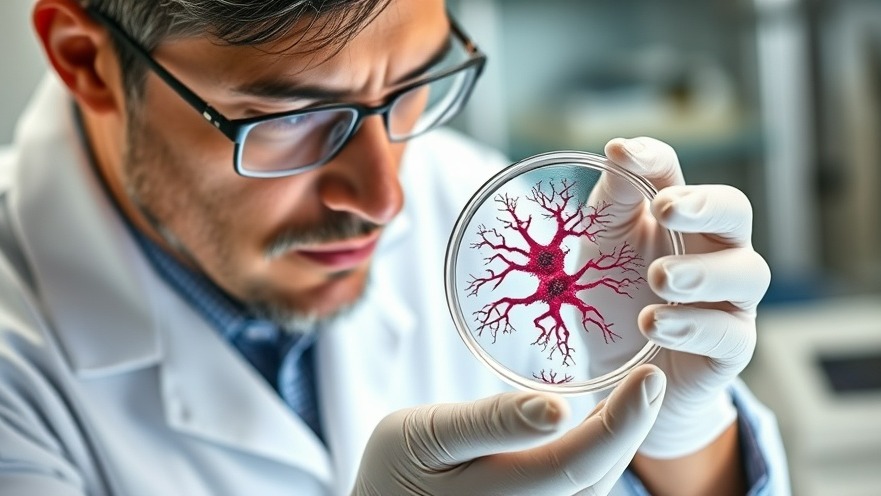
Revolutionizing Tissue Engineering: The Significance of Vascular Organoids
In a groundbreaking study, scientists from Boston Children’s Hospital have introduced a rapid five-day method to create functional vascular organoids, which are miniature, organ-like structures that mimic real vascular networks. This innovation promises to revolutionize the field of tissue engineering by providing the tools necessary for more detailed studies on how human blood vessels develop and function.
Understanding Organisms Through Vascular Networks
Blood vessels are the lifelines of the body. They deliver essential nutrients and oxygen, and play a critical role in regulating various bodily functions including inflammation and hemostasis. During the stages of development, the vascular network not only shapes organ formation but is also crucial in supporting growth and repair throughout life. This new method for generating vascular organoids allows scientists to reproduce these dynamics in vitro, offering unparalleled opportunities for research and therapeutic applications.
A New Approach to Vascular Organoid Creation
The recent study, titled “Rapid generation of functional vascular organoids via simultaneous transcription factor activation of endothelial and mural lineages,” represents a significant leap forward in organoid technology. The researchers developed a dual-factor program to directly convert induced pluripotent stem cells into the necessary cell types for vascular structure. By activating transcription factors ETV2 and NKX3.1, they enabled rapid differentiation, allowing the assembly of vascular organoids in a mere five days.
Implications for Regenerative Medicine
This new methodology could have profound implications for regenerative medicine. Given the ability to produce thousands of organoids quickly, physicians may soon have access to pre-vascularized grafts, which could significantly enhance tissue repair and regeneration treatments. The use of vascular organoids in conjunction with pancreatic islet cells, as described in the study's experiments with diabetic mice, suggests potential avenues for addressing diabetes more effectively in the future.
Advantages Over Traditional Methods
Previous techniques for generating vascular structures often depended on lengthy culture periods and spontaneous cellular processes, which hindered scalability and efficiency. The five-day organoid creation process not only accelerates the research timeline significantly but also increases reproducibility, making it easier to employ these organoids in various experimental contexts.
Monitoring Progress With Advanced Techniques
Researchers utilized an array of contemporary methods to monitor the progress and functionality of these organoids. Techniques like flow cytometry, immunofluorescence, and advanced sequencing methods allowed them to track the lineage commitment of cells within the organoids. Furthermore, they assessed functional vascularization through perfusion assays, ensuring that the organoids not only formed but effectively mimicked existing vascular structures.
Future Outlook: What’s Next for Vascular Organoids?
The introduction of this innovative five-day vascular organoid technique presents numerous future opportunities. It paves the way for better drug testing methods, where researchers can simulate human responses more accurately. Moreover, as the technology matures, applications could extend into personalized medicine, allowing tailored therapies based on individual patients’ cellular responses.
Transformations in Patient Care
As concierge health practitioners embrace these advancements, it’s vital to consider how this research may impact patient care in tangible ways. The capacity to rapidly generate vascularized tissues could mean shorter recovery times after surgeries, enhanced success rates in transplants, and novel approaches to chronic disease management.
Why Staying Informed is Crucial for Practitioners
Understanding these developments is crucial for modern healthcare providers, especially as they aim to adopt innovative practices that can improve patient outcomes. Keeping abreast of trends in tissue engineering and regenerative medicine not only empowers practitioners but also facilitates better informed patient interactions.
In conclusion, the five-day vascular organoid technology signifies a leap into the future of tissue engineering, and healthcare providers must remain informed of its evolution and potential applications. Equipping oneself with this knowledge could transform patient care and enable providers to leverage cutting-edge treatments that improve lives.
 Add Row
Add Row  Add
Add 




Write A Comment